Carb-loading: the importance of carbohydrates to runners
As you increase your distance, dietary changes will need to be made to succeed
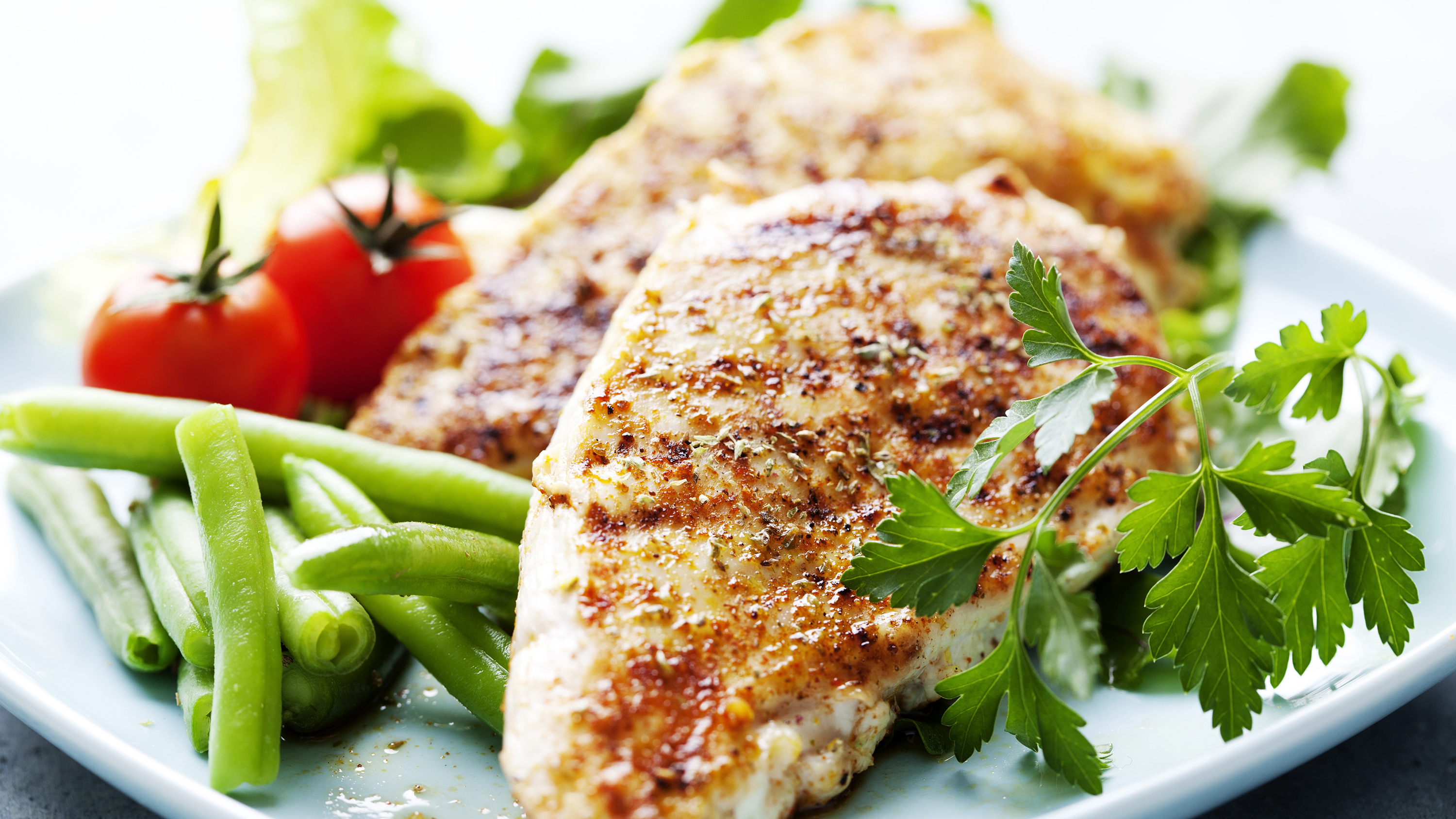
When reading about foods that are suitable for runners, you will see a lot about ‘carb-loading’ to increase energy.
Carbohydrates provide the glucose that your body needs for energy, and runners will often increase the level of carb-heavy foods in their diet to improve their overall running performance. As a beginner to running, carbohydrates will only play a minimal role to your running and training.
You don’t need to carb-load, because you will not be expelling excessive amounts of energy. It is, however, important to understand the benefits of eating the right carbs at the best times to avoid weight gain, and ensure you’re storing enough energy to get the most from each run and prevent you from feeling sluggish.
Carbs come in good and bad varieties, as do all foods, so picking the right ones is key. Avoid white breads, rice and pasta, instead opting for brown, wholewheat/wholegrain options where possible. Limit the amount of fresh fruit eaten too; while it is good for carbohydrate intake, it can be high in sugars, which can hurt your stomach when eaten in excess; you definitely don’t want to experience what is commonly known as ‘runner’s trots’.
You won’t need to properly carb-load until you’re running for longer than 60-90 minutes in one go, but you should always try to be aware and eat a balanced carb-based meal the night before a longer, more intensive run to ensure you perform at your best.
It’s worth remembering that carbs are not the only source of energy for running. Your body can convert good fats into energy as well, so don’t feel like you have to have an appreciation for pasta to be able to run longer distances! Also, try the more ‘forgotten’ sources of carbs, such as apples, berries, yoghurt and lentils – it’s not all potatoes and pastas.
What to eat for distance
Learn whether you need to start incorporating carbs into your diet:
Get the Fit&Well Newsletter
Start your week with achievable workout ideas, health tips and wellbeing advice in your inbox.
Starting off
Only incorporate a higher amount of carbs into your diet if you are not on a strict weight-loss plan.
Walk/Run
As a beginner, just try to eat a healthy breakfast, such as cereal with skimmed milk or wholegrain toast with peanut butter or jam. You won’t need anything more in your diet for now.
Half marathon
Planning your meals is now a substantial part of your week. The night before long runs ensure your dinners are suitable and eat porridge an hour or more before your mid-length runs. On the morning of a longer run, try a homemade blueberry muffin – light, but filled with enough goodness to keep you energised.
5K
Make sure you are picking the correct foods now, as you will begin to need a bit more energy if you’re running several times a week.
30 Minutes
Incorporate suitable snacks into your diet, such as dried fruits and nuts, low-fat Greek yoghurts or bananas. Avoid sugary treats, as they will leave you feeling tired and sluggish.
10K
Continue with suitable snacks and breakfasts, but try to add in sweet potatoes, rice, couscous and pastas to your lunch on days when you will be running late, or planning an early morning outing.
Marathon
Now every mouthful counts, but never over-eat. Running when too full can lead to stomach issues that no runner needs. It’s best to avoid high- fibre foods on the morning of a long- distance race.
Top 5 carb essentials
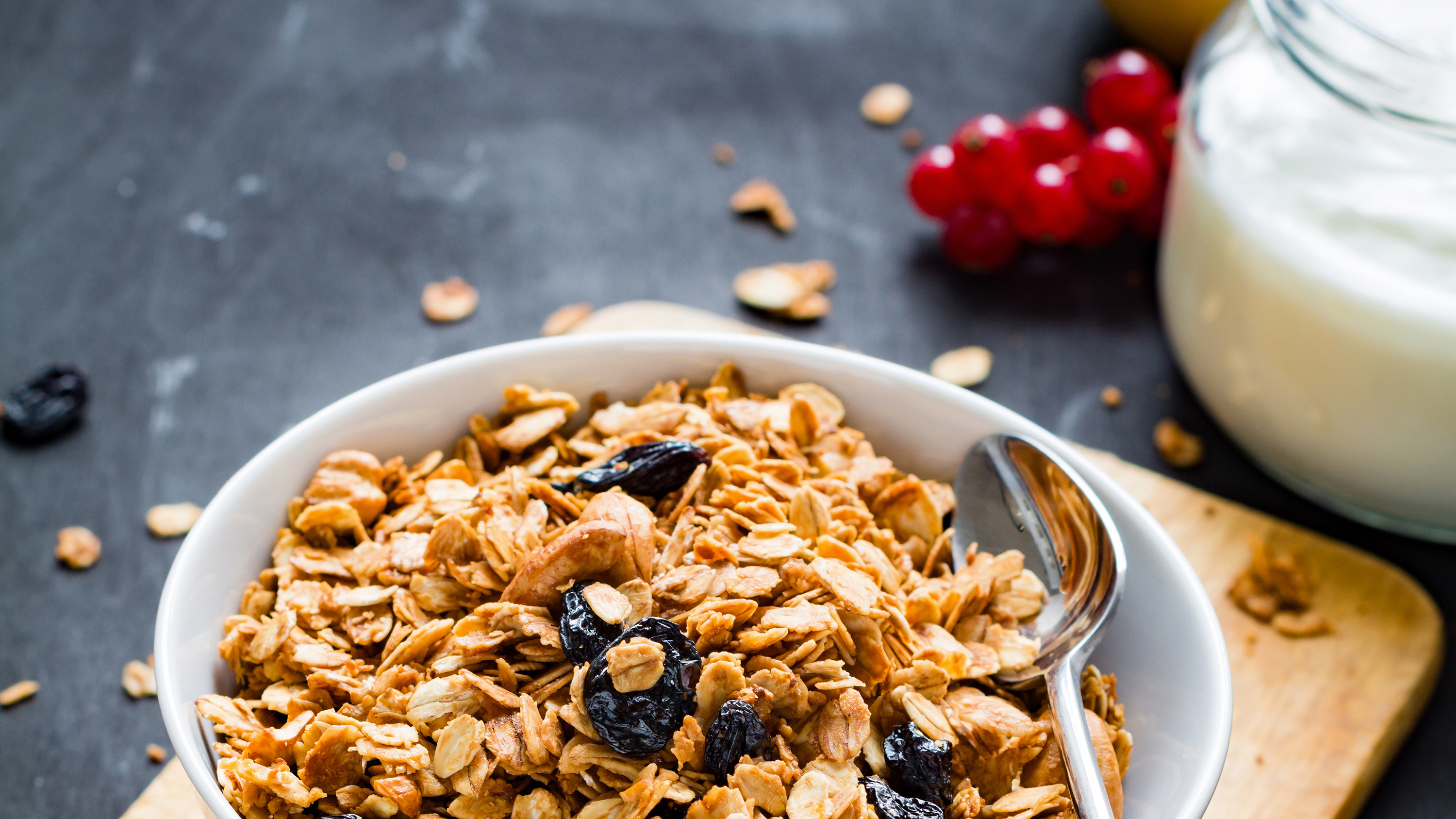
- Eat to lower your cholesterol
1. Breakfast
Porridge is the runner’s choice, but you could try homemade granola or wholemeal toast. Add a sliced banana in for extra energy.

2. Evening meal
Grilled chicken or baked fish mixed with vegetables, such as broccoli and green beans, with brown rice, quinoa, wholemeal pasta, or sweet potato on the side.
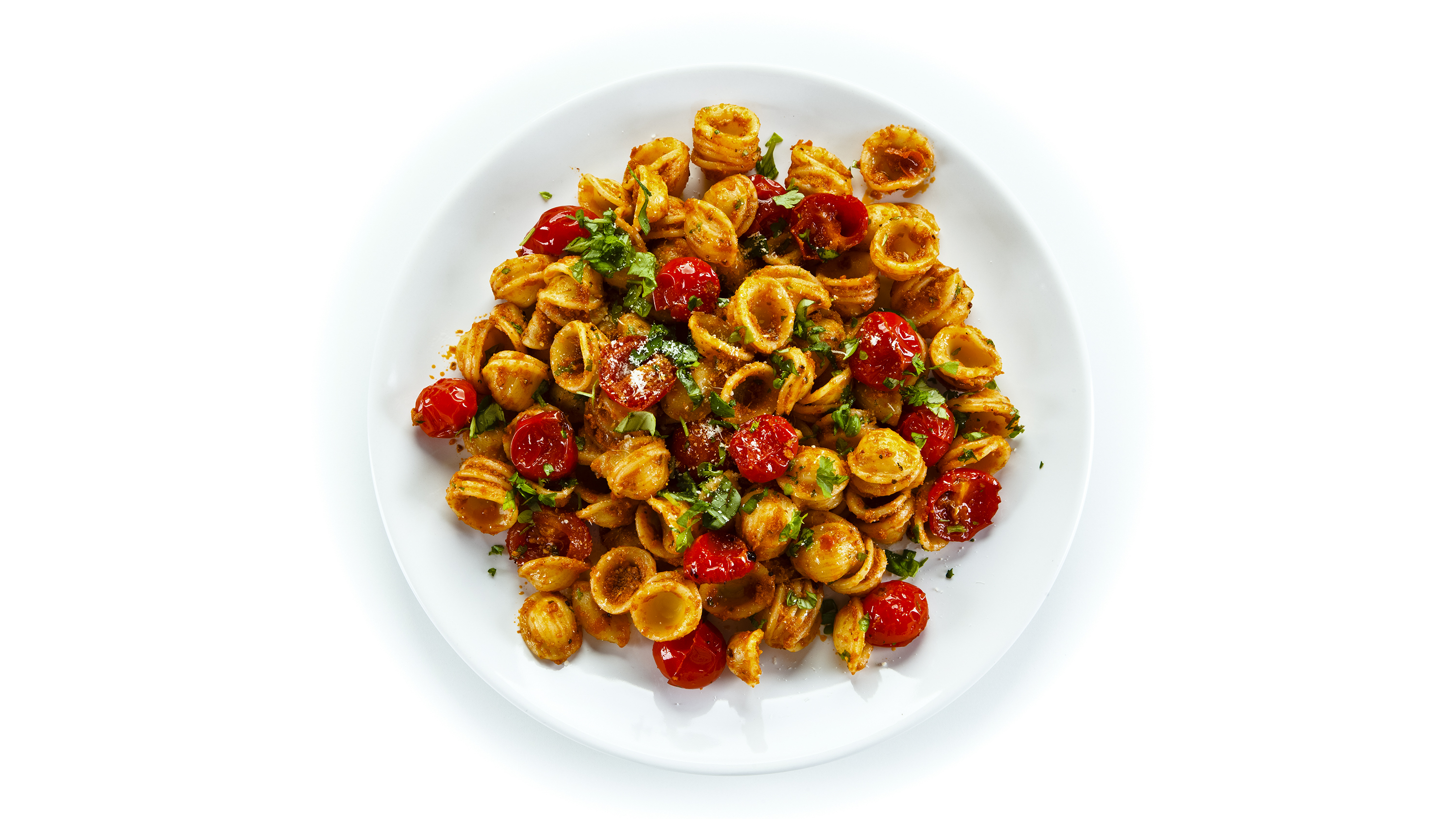
3. Pasta
Great for lunch or dinner, always pick wholewheat, brown pastas. Pasta isn’t ideal for weight loss, but stick to tomato-based sauces to avoid excess calories. Pick your additions wisely; bulk up your pasta dish with veggies and skip on extra cheese or bacon.
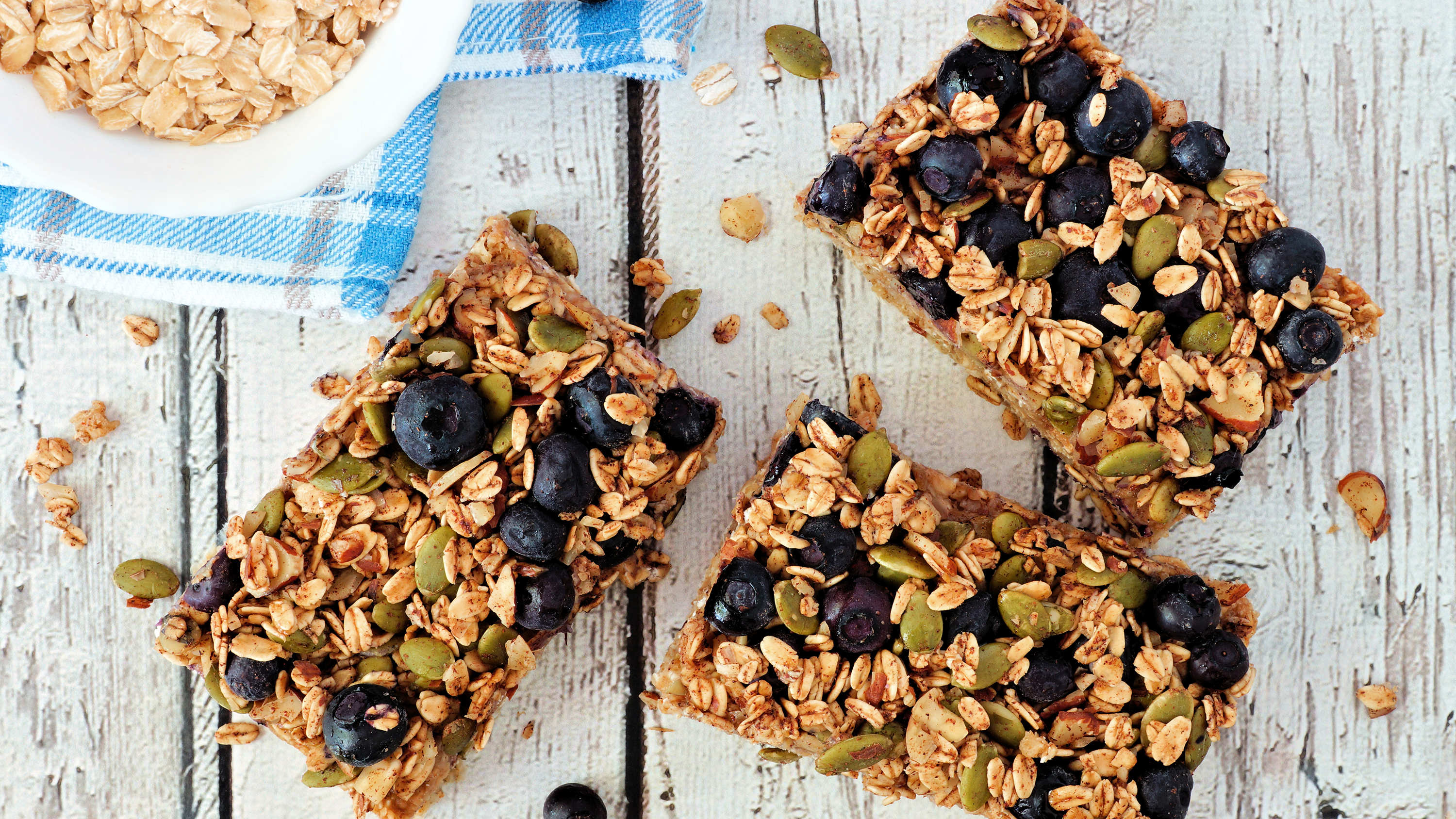
4. Energy bars and drinks
Shop-bought options are high in sugar, so make your own bars with oats, dried fruit and honey. A DIY sports drink can be made from fruit juice, water and a pinch of salt.
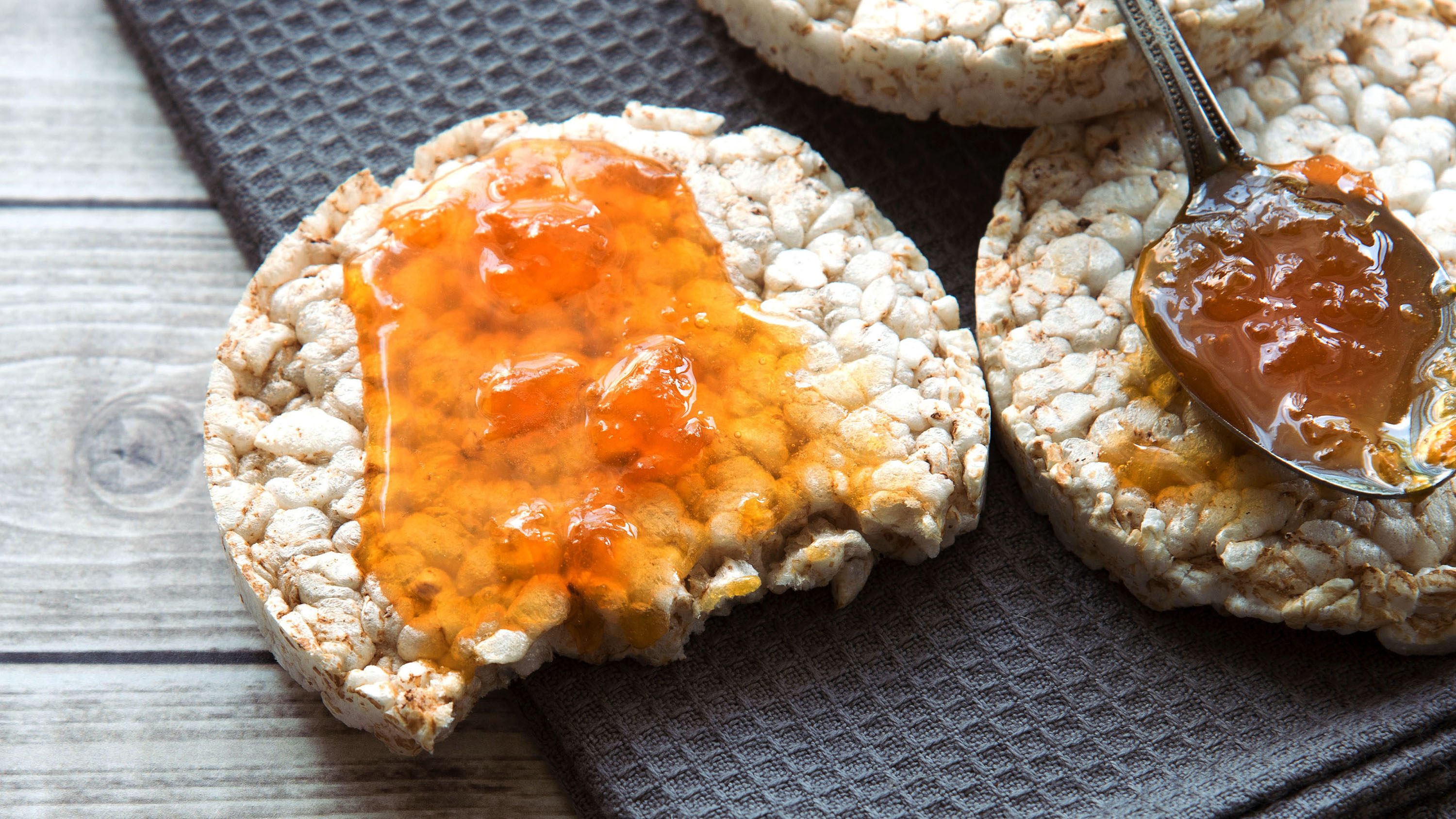
5. Snacking
Keep some suitable snacks in your cupboards or desk drawers, such as dried fruit and nuts or rice cakes. Improve the rice cakes by adding peanut butter or some jam for a small sugar boost.
For more on nutrition and fitness, we answer; do you need carbs to build muscle?
Launched in 2020, Fit&Well.com is all about helping you meet your health and fitness goals in ways that are fun and achievable. With news and features on fitness, weight loss, running, nutrition, yoga, wellness and more, we're committed to helping you wherever you are on your fitness journey. We break down the best fitness tech, with reviews, buying guides and the latest deals on fitness and wellness kit, from dumbbells to diffusers.
We cater for all difficulty levels here. It doesn't matter if you're a beginner in the world of fitness or you're gearing up for your tenth marathon: we're all moving towards the same goal – creating a healthier, happier you. From guides on getting started doing walks around the block, to creating the perfect work-from-home space, to eating to fuel your first triathlon. It's all here.
-
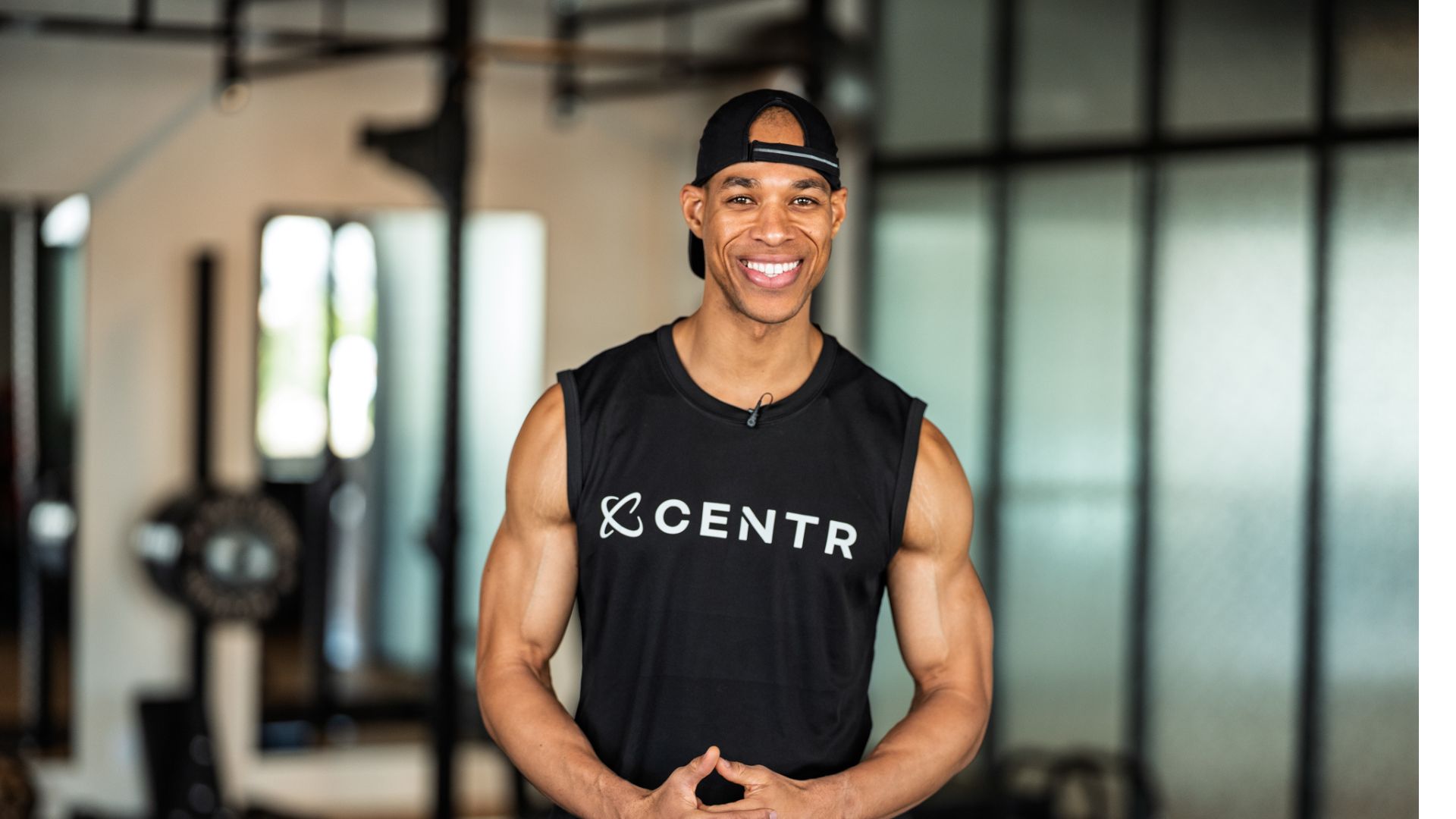 I do these two things every day to stay fit and healthy, says the newest star trainer on Chris Hemsworth's fitness app
I do these two things every day to stay fit and healthy, says the newest star trainer on Chris Hemsworth's fitness appHere's how Centr's Korey Rowe trains for longevity
By Sam Rider Published
-
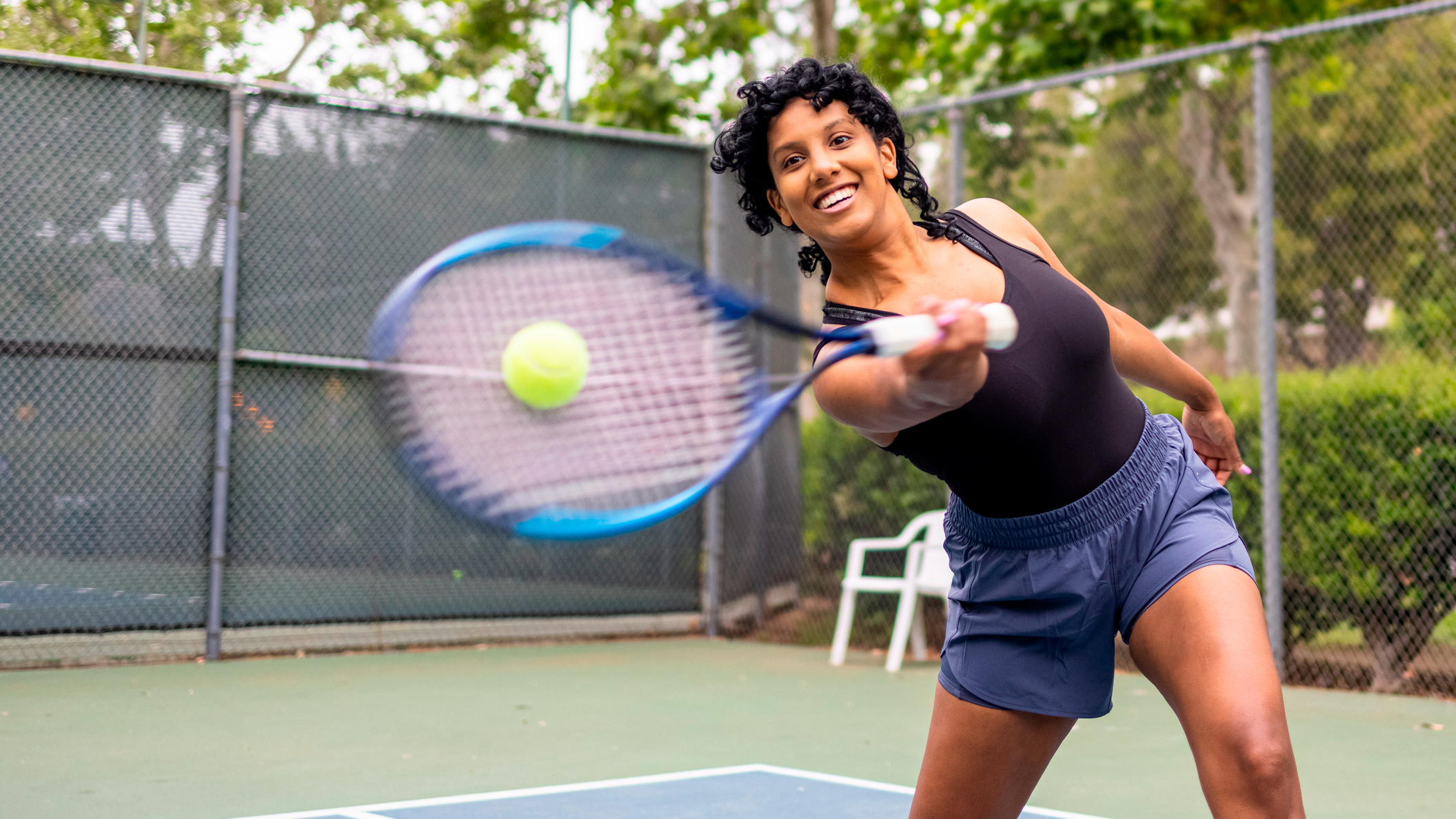 I thought sports weren't for me, until I realised they're a game-changer for ticking off cardio
I thought sports weren't for me, until I realised they're a game-changer for ticking off cardioI swapped HIIT and running for tennis—and I've never felt better
By Alice Porter Published
